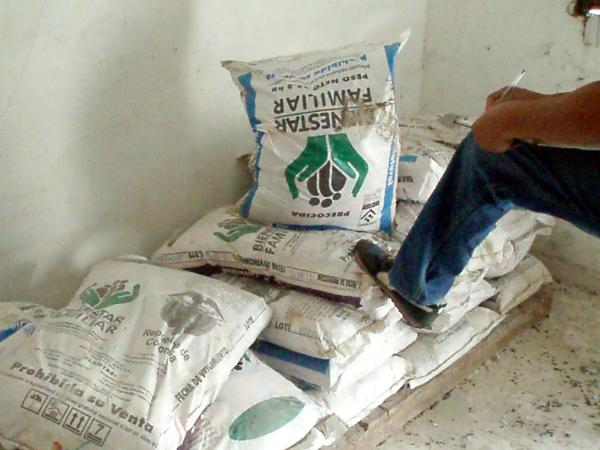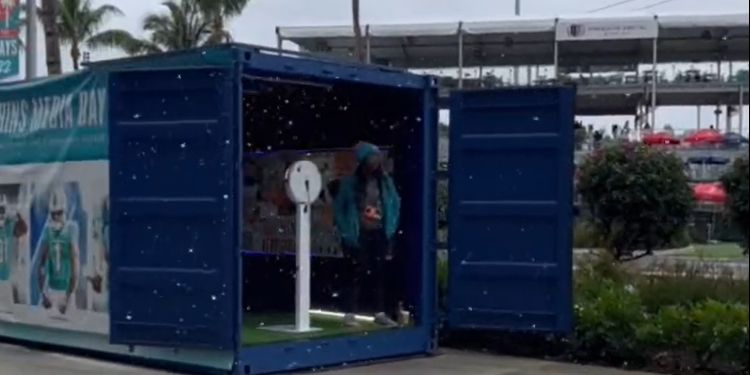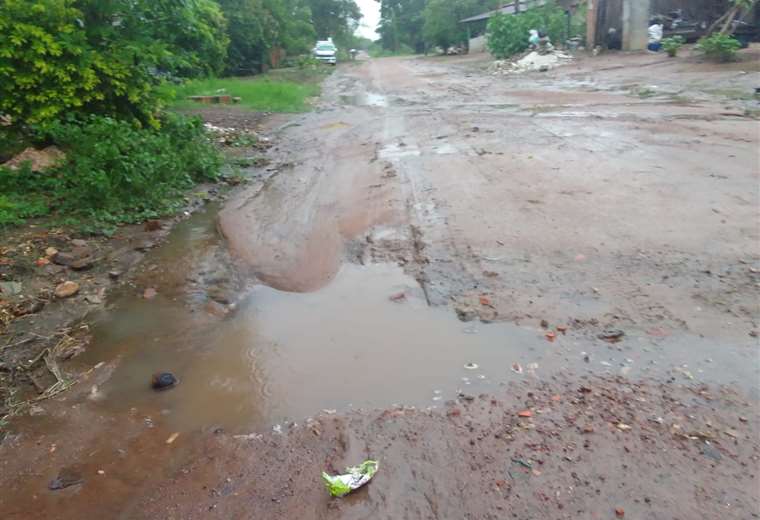It was the year 1976. In Bogotá, the Unicentro Shopping Center was inaugurated, a symbol of modernity for a time in which times of social precariousness were lived on various fronts.
(Goodbye to Bienestarina?: Petro asks the ICBF not to buy it anymore).
Poverty, economic uncertainty and political tension, as well as serious malnutrition problems, especially in children, marked the days.
It was around those dates that the government of President Alfonso López Michelsen decided to launch the first National Food and Nutrition Plan (PAN)with which it sought to reduce the high rates of malnutrition that bordered 60 percent in children under five years of age, and was the cause of 41% of deaths in this age group.
It is there when the first time the Bienestarina, a nutritional supplement produced by the Colombian Institute of Family Well-being, which is distributed to the most vulnerable population in the country and which is still part of institutional programs today.
According to the ICBF, “This product is a pre-cooked food based on a mixture of cereals, legumes and whole milk powder, with vitamins and minerals and essential fatty acids and is easy to prepare. It contains amino-chelated micronutrients that improve absorption in the beneficiary population and has an adequate balance of essential amino acids. Contains no preservatives or dyes and it is produced in plants owned by the ICBF, located in the municipalities of Sabanagrande (Atlántico) and Cartago (Valle del Cauca).
(This would be the Government’s austerity plan to save in 2023).
A few days ago, Bienestarina came to the fore again after President Gustavo Petro asked the ICBF to stop buying it, as he assures that it is “imported and expensive” and suggests that instead, priority should be given to feeding the country’s children with products grown in Colombia.
The president said that the strategy on which the Government will focus will be to replace this product with a model based on food included in public schools (a form of extension of the School Food Program, PAE) with emphasis on early childhood, in what he categorized as “a transition that will last several years”so there is no date as to when the distribution of Well-being will cease.
This comment by the president has been widely criticized because experts consider that this food has been a complement to the nutrition of Colombian children.
The former director of the Icbf Lina Arbeláez stated in this regard that “Wellness has been very important as a food supplement to the country, especially in its fight against malnutrition among children, but also among pregnant mothers.”
For his part, child nutritionist Fernando Arroyave highlighted: “Well-being is a food with high nutritional value, very complete. Currently there is no supplement at the same low cost that provides those micronutrients necessary for the development of children.”
wellness
Courtesy ICBF
Controversial episodes with the Bienestarina
During its history, Well-being has been at the center of several controversies.
One of the most notorious cases occurred in 2007, when this supplement was used to fatten farm animals in Chocó, one of the departments most affected by famine.
The supplement came into the hands of garage owners due to mismanagement for which it ended up being freely marketed on the street, without any control.
Paradoxically, on the same date, the numbers of children dying from malnutrition were alarming in the region, which is why the episode caused outrage throughout the country.
For the illegal sale of the product, the Attorney General’s Office and the Prosecutor’s Office opened investigations to find those responsible. It was presumed that municipal officials and community leaders acting as distribution channels were involved.
That same year there were also several questions about the award of the Bienestarina auditing contract. This was delivered, together with the supervision of the supply of children’s breakfasts and emergency rations in six departments, to Grupo Nule, famous for being the head of the hiring ‘merry-go-round’ in Bogotá. As in that embezzlement, they also failed to comply, the contract had to be transferred and they were fined.
(A good diet is the key to maintaining children’s defenses).
On the other hand, in 2012, there were reports of anomalies for which expired food was delivered, putting the health of the users who consumed it at risk. In Arauca, Quindío and Huila, several kilos of Bienestarina were seized for this reason and, in addition, the case in which a truck transported the product along with chemical elements was reported, which could have caused massive poisoning if it had not been confiscated.
The ICBF assured at the time that all these incidents were isolated events and served to improve the financial, accounting, technical and operational supervision of the production and distribution of the food supplement at the national level.
“We currently have an anti-corruption plan, promptly processing complaints received through any channel of interaction. Likewise, each AAVN package is printed with a unique batch number, which allows product traceability and faster action when an adverse event occurs in the process”stressed the entity.
BRIEFCASE








